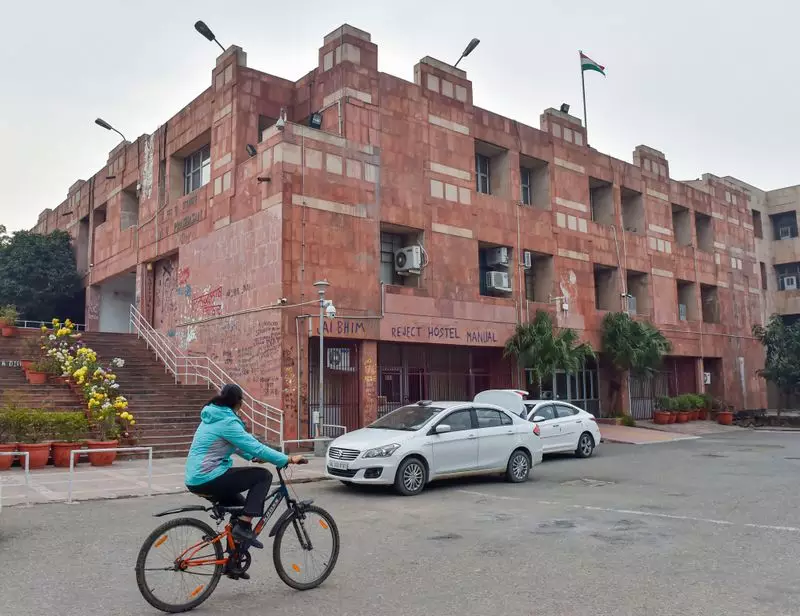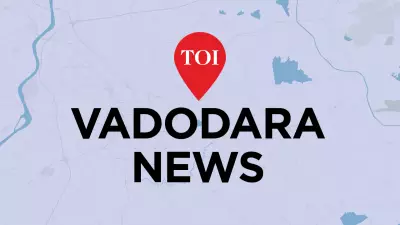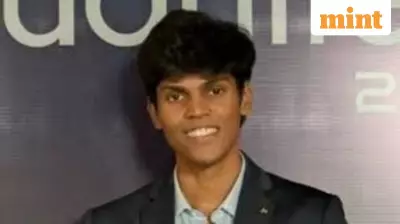
The politically charged campus of Jawaharlal Nehru University (JNU) witnesses a crucial democratic exercise today as students head to polling stations to elect their new student union representatives. The elections, known for their intense political significance, pit major student organizations against each other in a battle for campus influence.
Political Heavyweights Clash for Campus Dominance
The electoral battlefield features three major contenders: the Left Unity panel, representing traditional JNU politics; the ABVP, the student wing of RSS; and the NSUI, Congress's student organization. Each group has campaigned vigorously across the university's hostels and academic centers, making this one of the most closely watched student elections in recent memory.
Enhanced Security Measures Implemented
University authorities have deployed comprehensive security arrangements to ensure peaceful polling. Over 200 Delhi Police personnel have been stationed across campus, with additional security at all 14 polling centers. The JNU administration has implemented strict monitoring to prevent any untoward incidents during this high-stakes electoral process.
Key Positions Up for Grabs
Students will cast their votes for four crucial positions:
- President
- Vice-President
- General Secretary
- Joint Secretary
The election results, expected to be announced on Sunday, will determine the political direction of one of India's most politically active campuses for the coming academic year.
Campaign Intensity Reaches Fever Pitch
Throughout the week, JNU transformed into a vibrant political arena with candidates and their supporters conducting door-to-door campaigns, holding public meetings, and engaging in heated debates. The election campaign concluded on Friday, setting the stage for today's decisive voting process that will shape campus politics and potentially influence broader student movements across the country.





